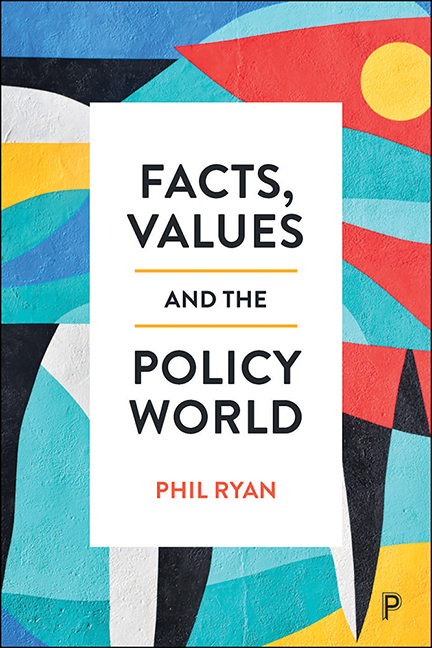8 - Decision contexts
Published online by Cambridge University Press: 15 September 2022
Summary
A decision context is a space in which one or more people must arrive at a decision on some matter. To bring to life the non-binary approach, we need healthy decision contexts. We also need a healthy background culture: spaces of reflection that do not necessarily lead to actual policy decisions, but help inform (and form) citizens and decision makers.
Weak decision contexts
But what might ‘healthy’ mean here? We can approach this question by considering its opposite, an unhealthy context. In Plato's Gorgias, Socrates offers an arresting image: ‘if a pastry baker and a doctor had to compete in front of children, or in front of men just as foolish as children, to determine which of the two, the doctor or the pastry baker, had expert knowledge of good food and bad, the doctor would die of starvation’ (¶464d). Just what is wrong with that decision context?
Maybe the problem concerns who is doing the deciding: perhaps such important things shouldn't be decided by children. Or maybe it's the character of the deciders that is problematic: perhaps they are, as Plato put it, adults ‘just as foolish as children’. It certainly seems unrealistic to assume that children are entirely lacking in any capacity to decide issues competently, and yet, upon reaching the age of majority, are immediately transformed into rational decision makers.1 In truth, the transition from the child, supposedly attuned only to flashy and seductive appeals, to the adult who weighs and scrutinizes arguments carefully, is a developmental process that is never fully completed.
In developing his minimalist theory of democracy, Joseph Schumpeter suggested that, for most citizens, that transition is hardly even begun, at least on matters of public concern. In effect, Schumpeter drew certain inferences from a point that is central to this book: our attention is focused upon matters we deem relevant to us. So we are pretty good at buying shoes, Schumpeter allows. But when we move into national issues, he argues, the ‘sense of reality’ that marks our purchase of shoes is ‘completely lost’.
- Type
- Chapter
- Information
- Facts, Values and the Policy World , pp. 91 - 100Publisher: Bristol University PressPrint publication year: 2022



